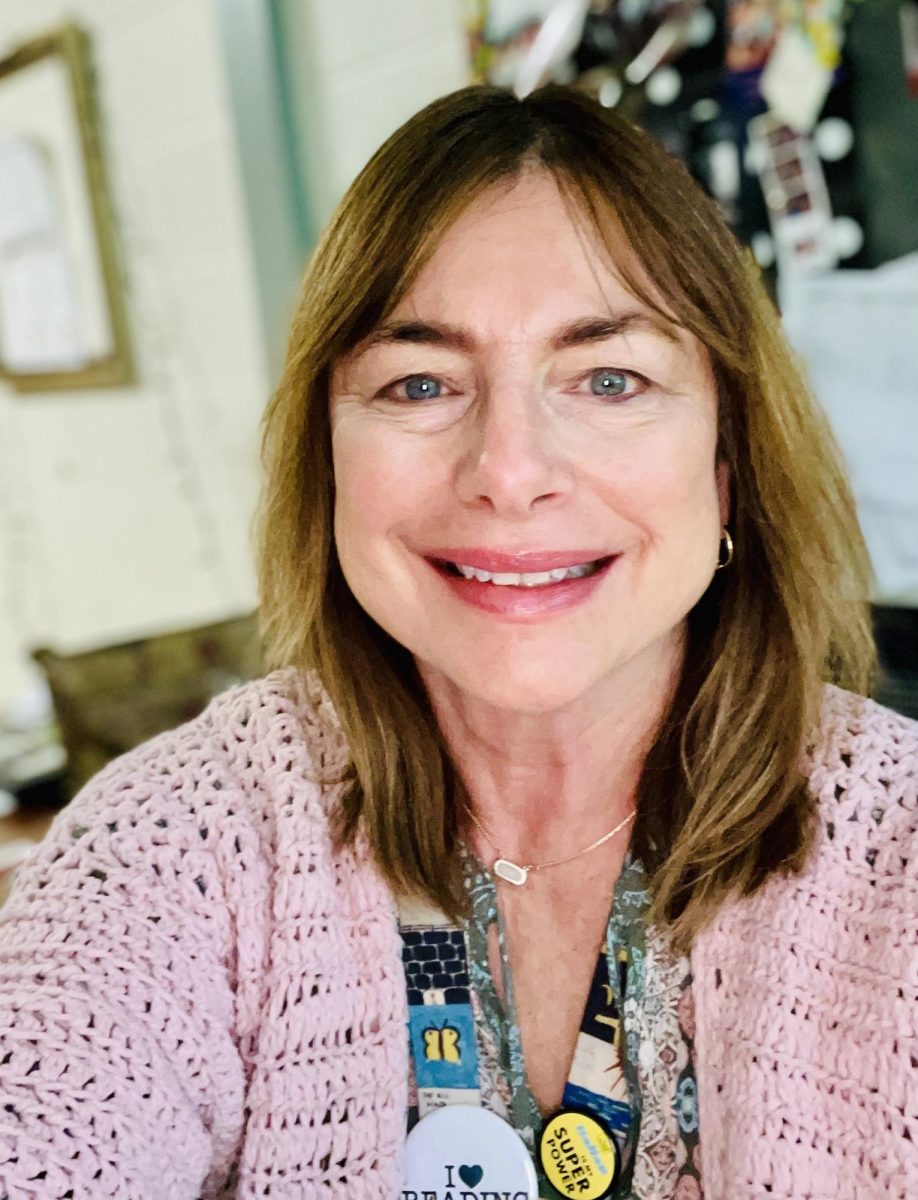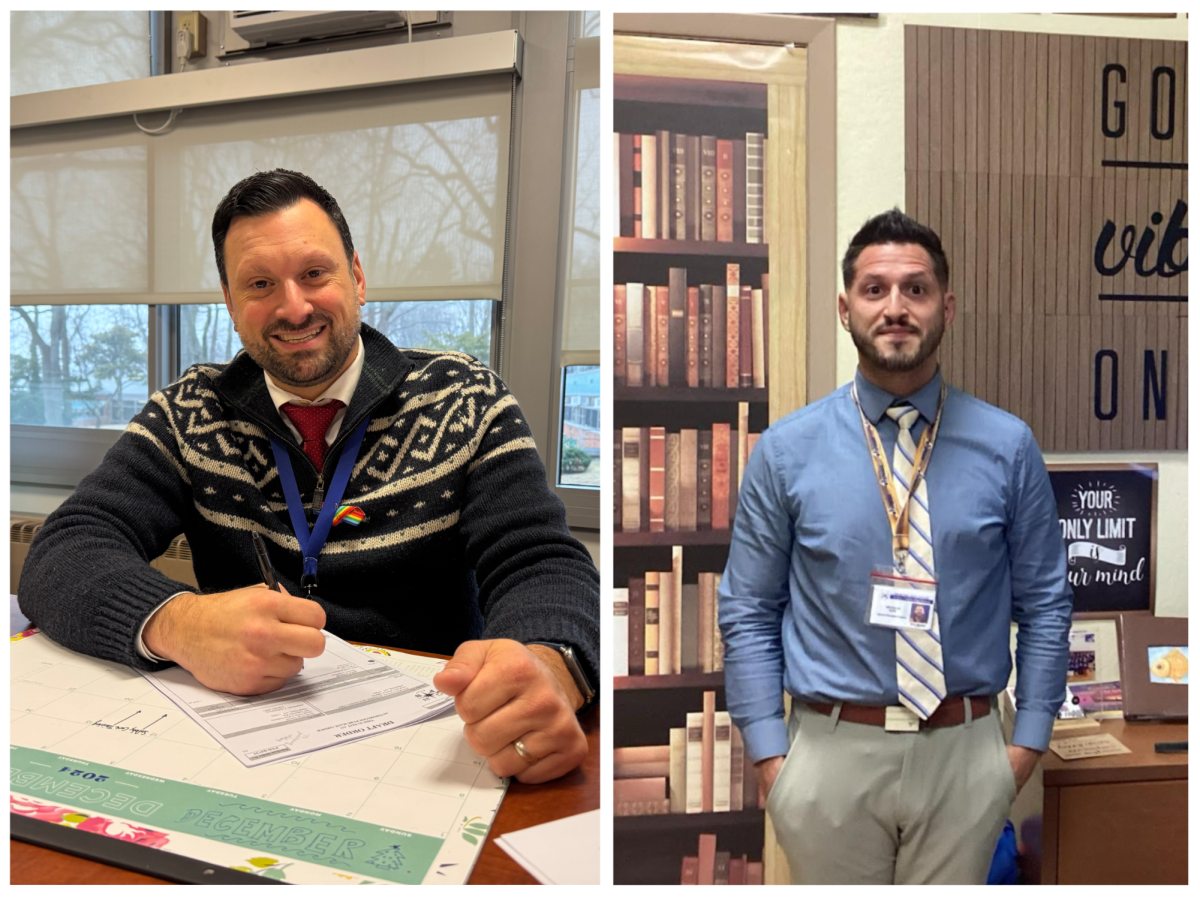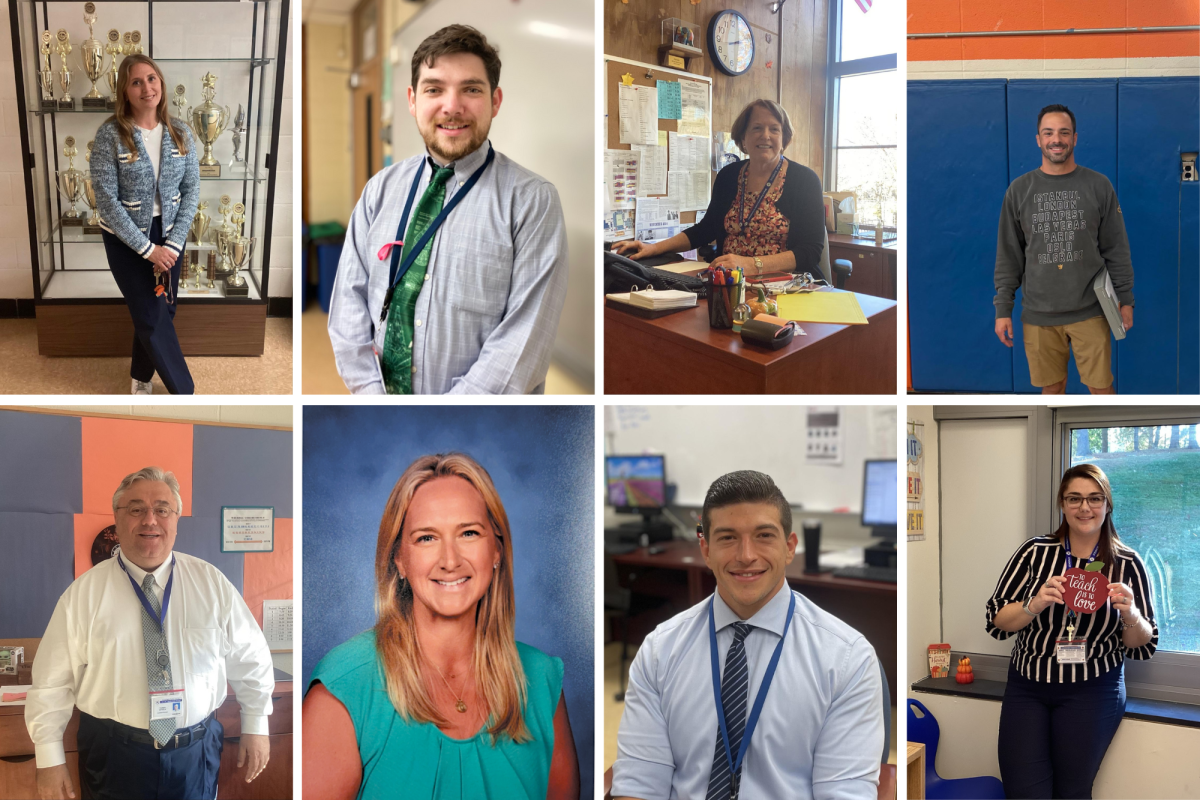By Lauren Reiss

This year, Great Neck South raised a new banner displaying yet another year of science research successes in the Intel and Siemens competitions. The most recent success belongs to senior Emily Bae, who was named a Semifinalist in the 2016 Intel Science Talent Search on Jan. 6.
In her project titled “Determining the Contribution of Uropathogenic Proteus mirabilis Virulence-associated Fimbriae to in vitro Fitness,” Bae studied a bacterial agent of urinary tract infections Proteus mirabilis. Bae explained that her “focal point was on one of this species’ virulence mechanisms, fimbriae, which are hair-like projections that allow Proteus to attach to the urinary tract or to catheters and initiate infection.” By studying the importance of certain types of fimbriae to fitness and infection, Bae hopes that her research can contribute to developing a UTI vaccine.
Being named an Intel Semifinalist was no small feat for Bae. She dedicated most of her summer to this study, working five days a week for anywhere from eight to over ten hours each day, not including a nearly two-hour commute. Bae worked at New York University’s medical school and hospital among professors, post-graduates, and graduate students who, according to Bae, “radiate intelligence and enthusiasm for science research.” She described the whole experience as “maturing, enlightening, and very demanding.” Her dedication and diligence have been recognized by Intel. Maya Ajmera, the president and CEO of Society for Science & the Public and publisher of Science News, said, “I’m thrilled to congratulate the 300 Semifinalists and welcome them to the Intel [Student Talent Search] family. They are the next generation of innovators, and we look forward to witnessing the impact they will have on making the world a better place.”
Bae was not the only South student to achieve success at science research competitions: This year, seniors Annabelle Ng, Michael Shen, Sunny Shi, Robin Shum and juniors Yujia Su and Jaysen Zhang were all named Semifinalists in the 2015 Siemens Competition in October.
The Intel and Siemens competitions both require a complete 20-page scientific paper describing a substantial piece of work in a wide variety of fields including biochemistry, biology, chemistry, engineering, and psychology. However, the Intel competitors, as compared to their Siemens counterparts, are viewed more holistically. According to Bae, Intel looks at each student’s “academic background, intellectual and extracurricular interests, and plans for the future” in addition to his or her science research project. Despite some differences, the two competitions are equally prestigious, and the finalists of both go to Washington D.C. to present their studies and compete for higher honors. “The students work incredibly hard over many years,” said Dr. James Truglio, one of the advisers of South’s science research program. “For us to see them recognized on a national level for their commitment and dedication is super rewarding.”
Whether students compete in the Intel Science Talent Search or the Siemens Competition or are simply interested in learning how to conduct scientific studies, South’s science research program, run by Dr. Carol Hersh, Ms. Michelle Sorise, and Dr. Truglio is an integral part of student success. Students begin their science research training either in ninth or tenth grade to prepare for entrance into a university-level laboratory. According to Dr. Truglio, this preparation includes “learning how to access and read scientific literature, design worthwhile experiments, propose their work in a meaningful way, conduct the actual research, analyze the data, formulate sound conclusions, and present their findings to others.” Dr. Hersh, Ms. Sorise, and Dr. Truglio read their students’ papers and provide feedback, encouraging them to put forth their best work. During class time, students work on these papers, prepare their applications for competitions, and learn presentation skills.
Bae said that she owes much of her accomplishment to the science research program and to her teacher and adviser, Dr. Hersh. “[Science research] is where I learned the basics of science research and paper writing. Dr. Hersh essentially taught me what I know: how to design and conduct a study, analyze data to formulate conclusions, and create a scientific paper. Beyond this, the senior seminar course directly involves preparing for these competitions.”
Dr. Truglio said that Dr. Hersh oversees the majority of student participation in national competitions. “The amount of time and energy she invests into the students of this program is astronomical. Her passion for science and education is truly inspirational,” he said.
The science research program can be a vigorous one. Bae said, “It felt like [research] was consuming my life at times, but I never felt like it wasn’t worth it. It’s really satisfying to pursue and investigate something original, creative, and interesting to you. I really developed an appreciation for thinking on a microscale and macroscale simultaneously. That’s the cool and difficult part about science—there are so many fine details, but there is always a bigger picture to keep in mind.” Dr. Truglio adds that the science research class is not solely focused on national competitions. “The program is about learning the process of science. It is about becoming aware of and developing one’s scientific thought process and using this very same process effectively to make well-crafted decisions throughout every aspect of [students’] lives.”






